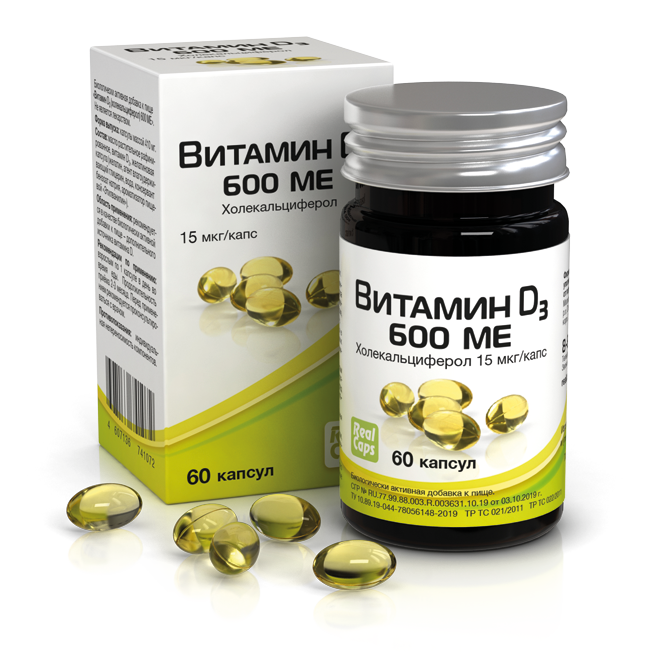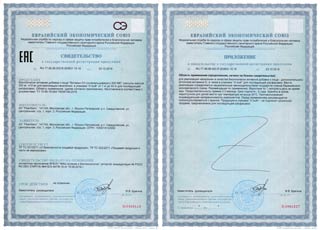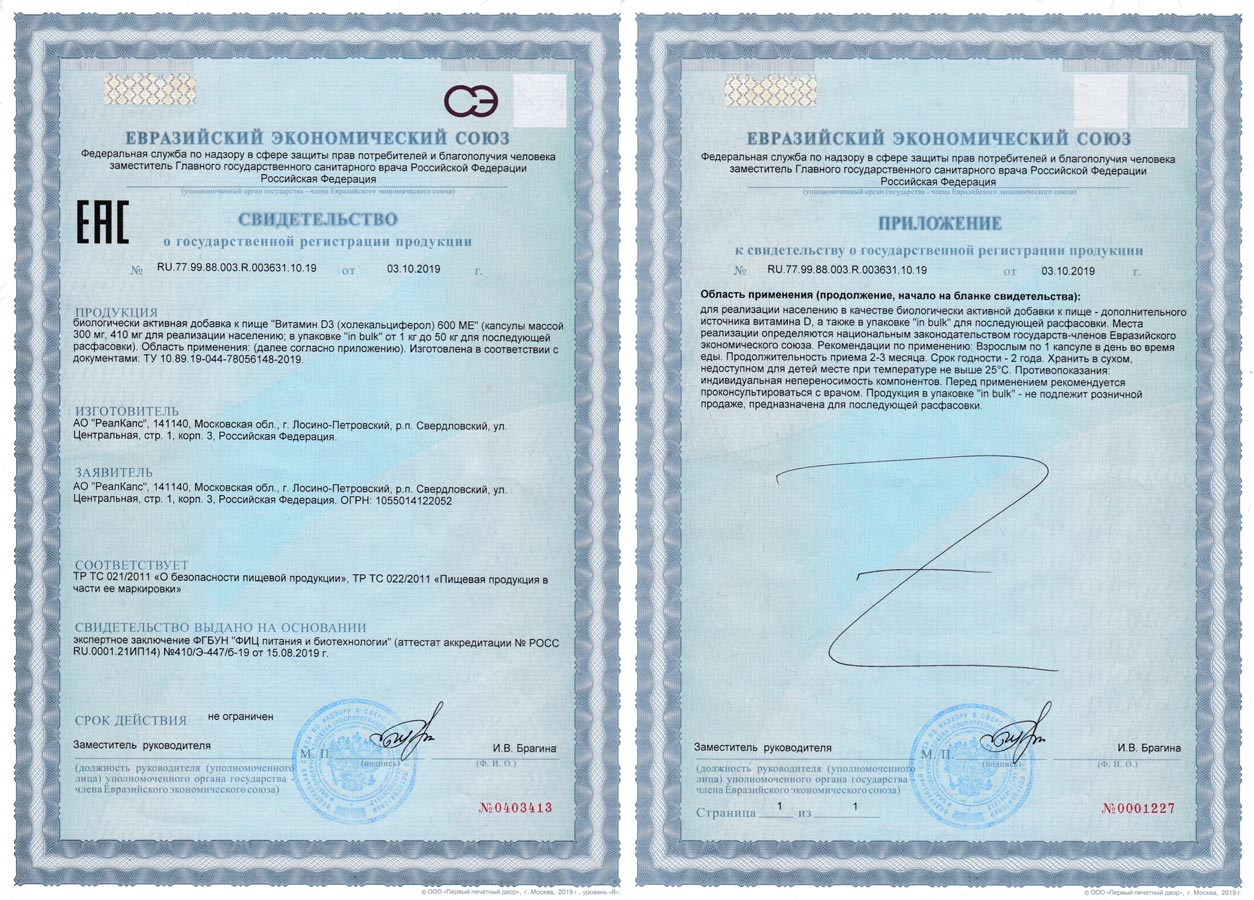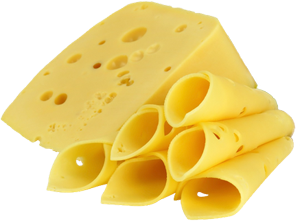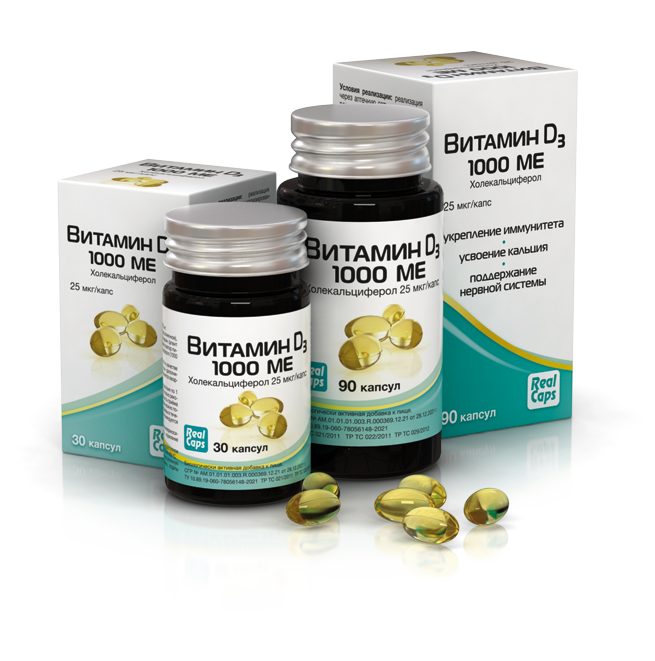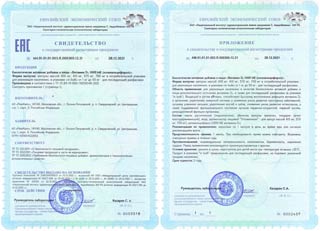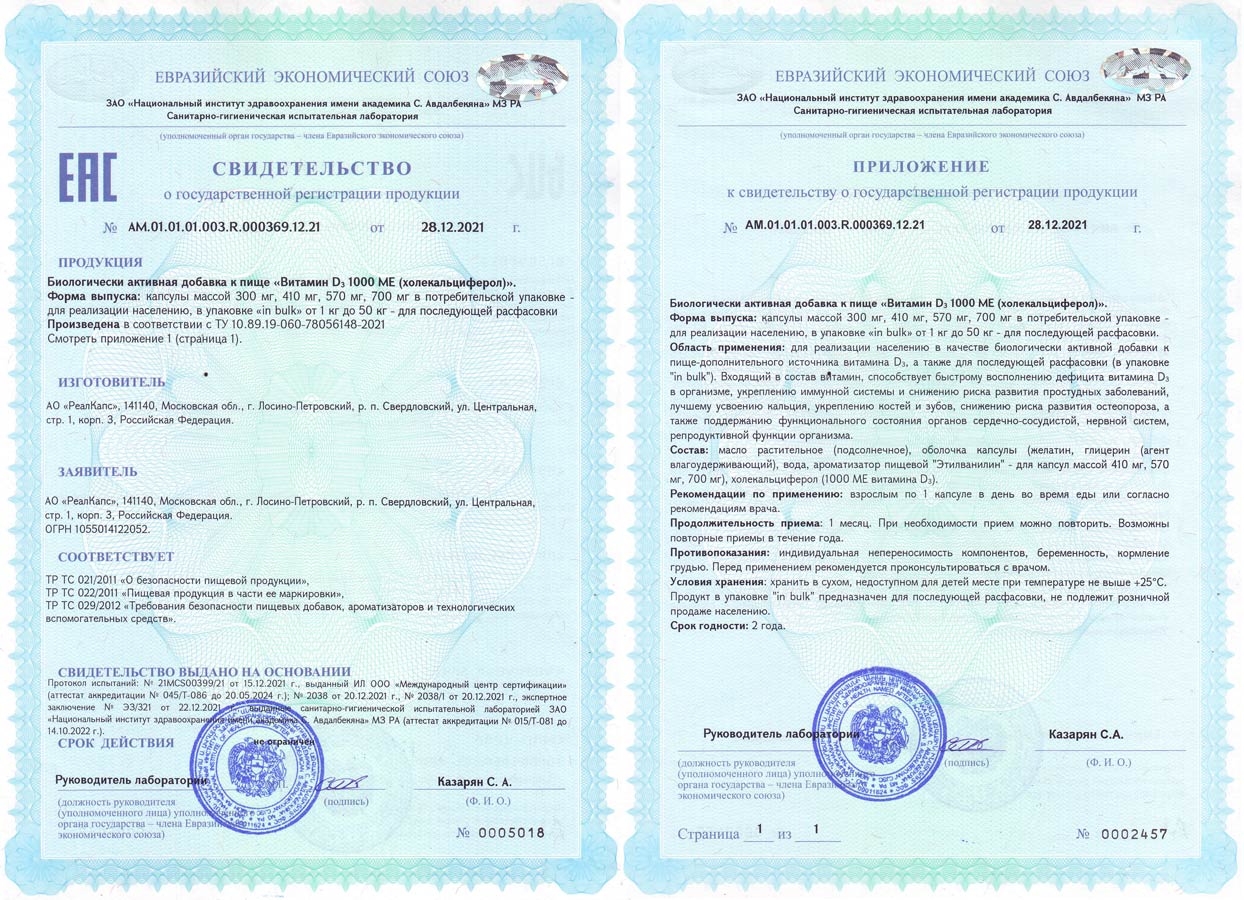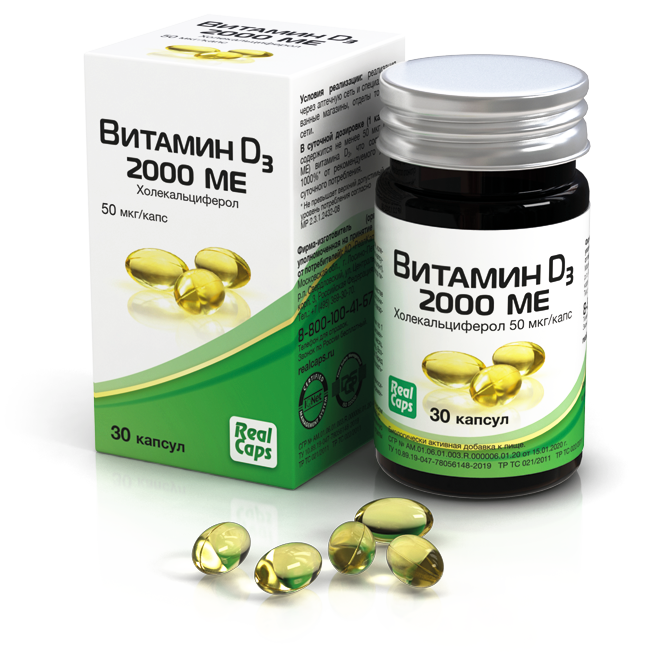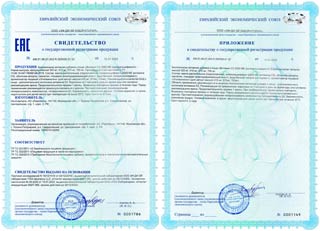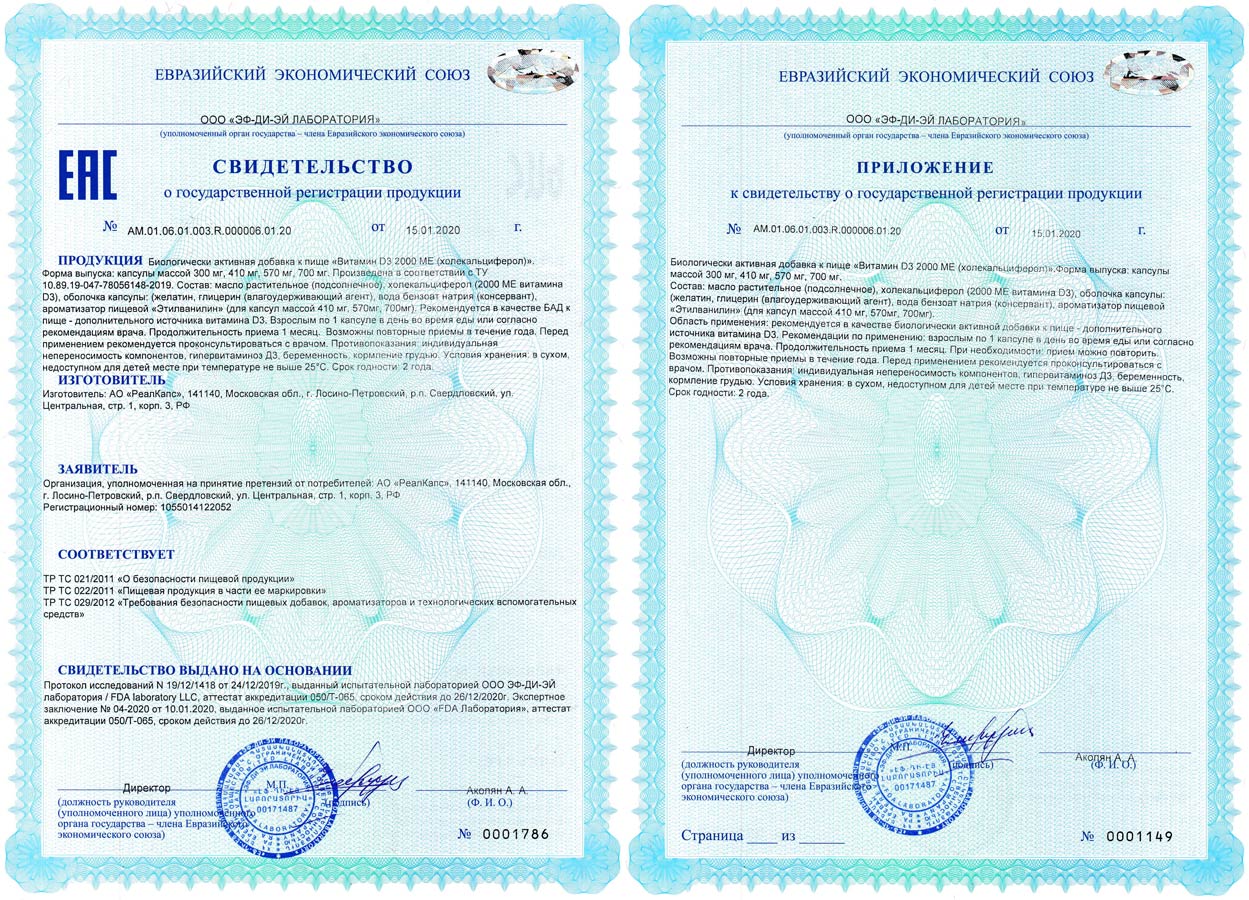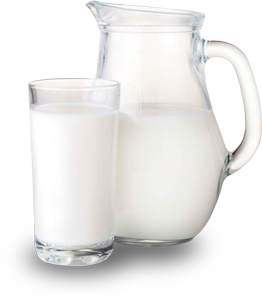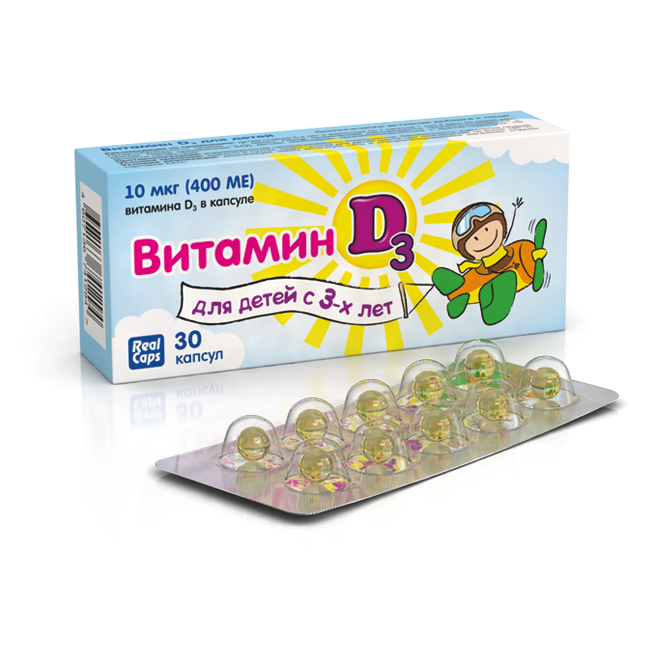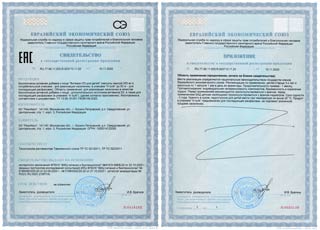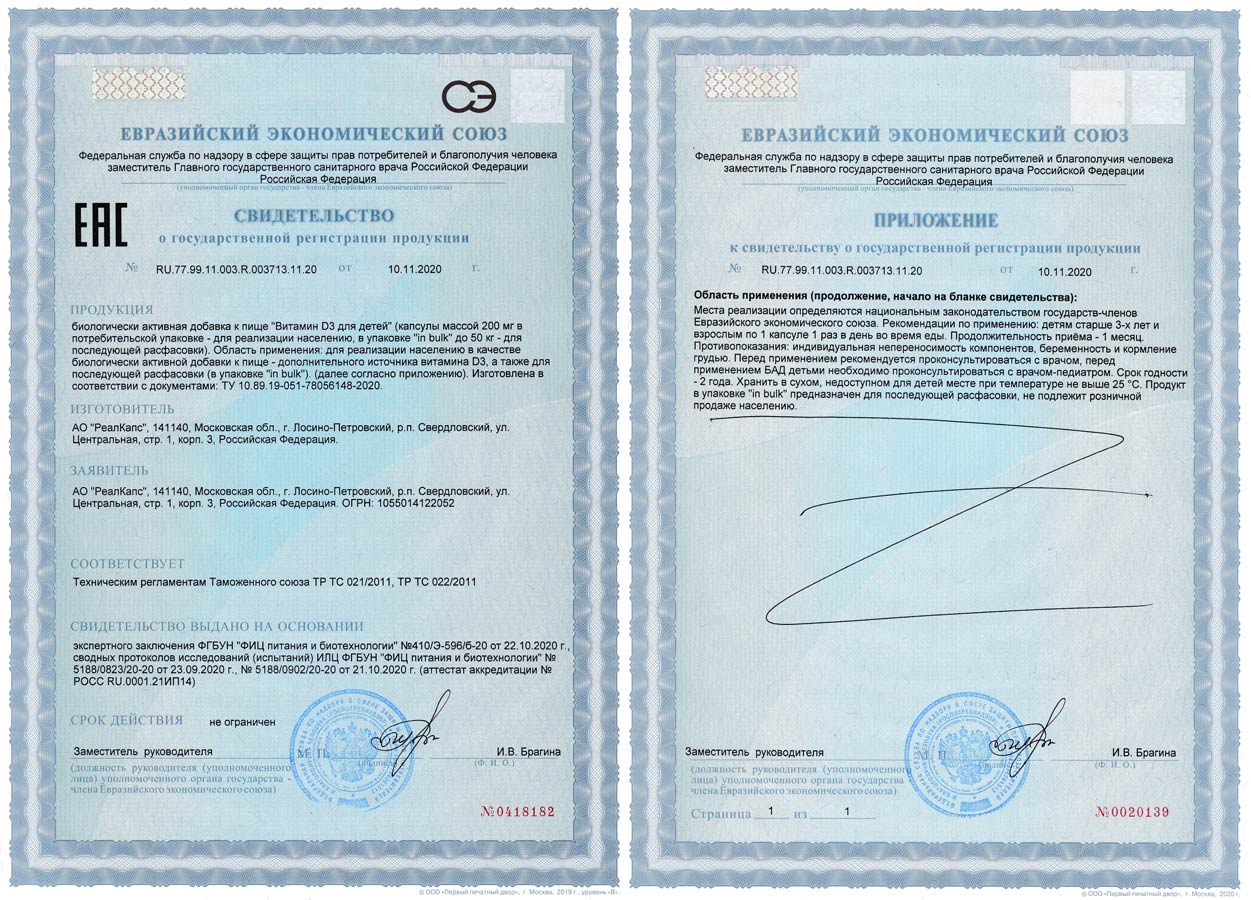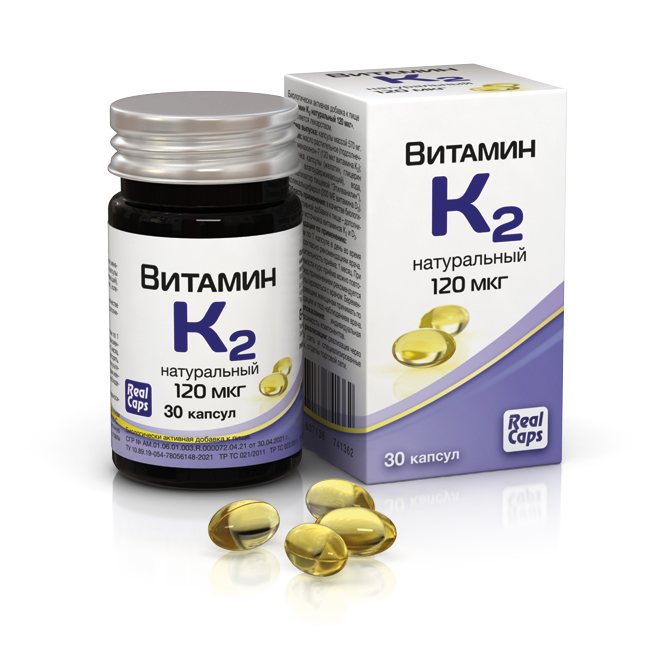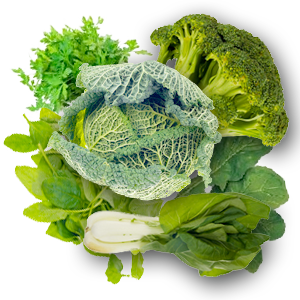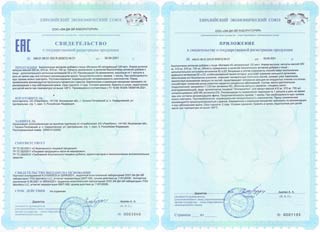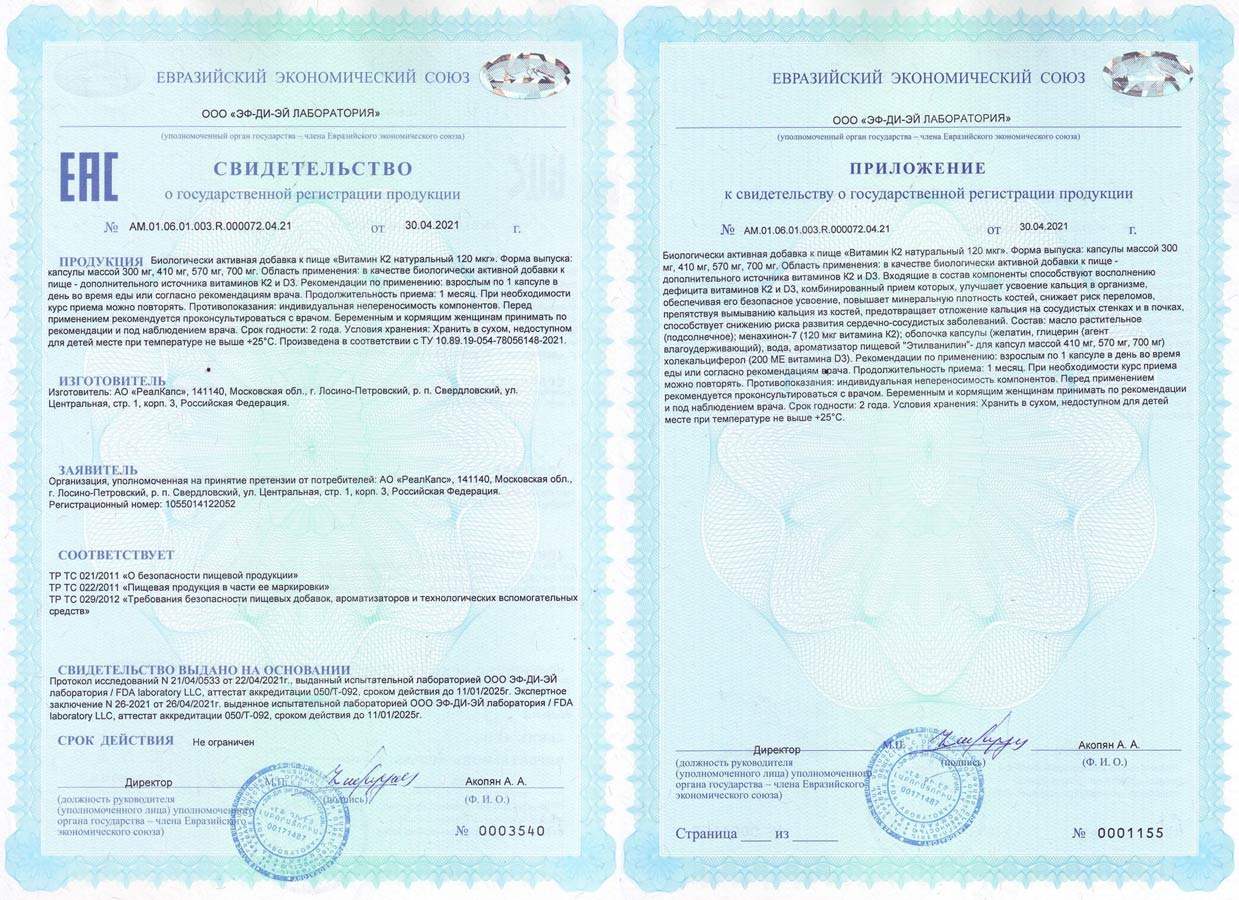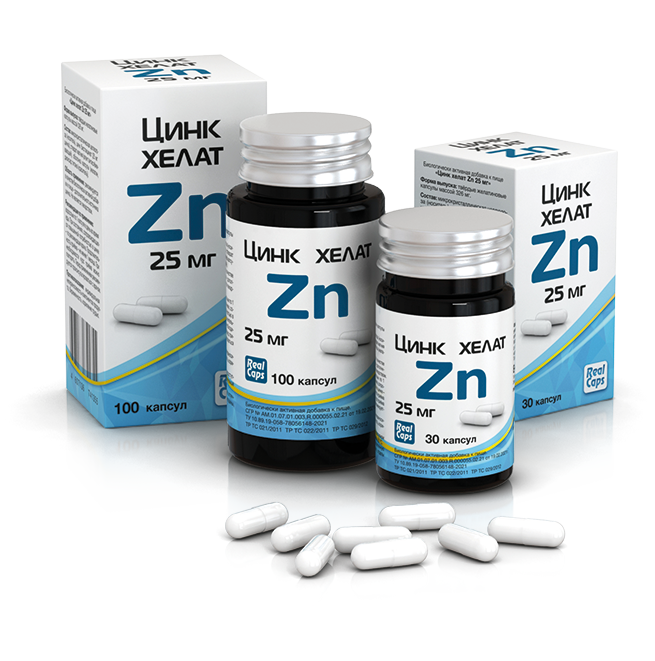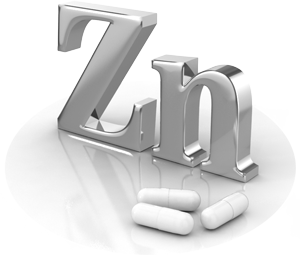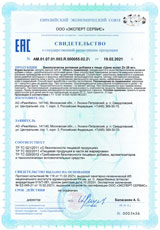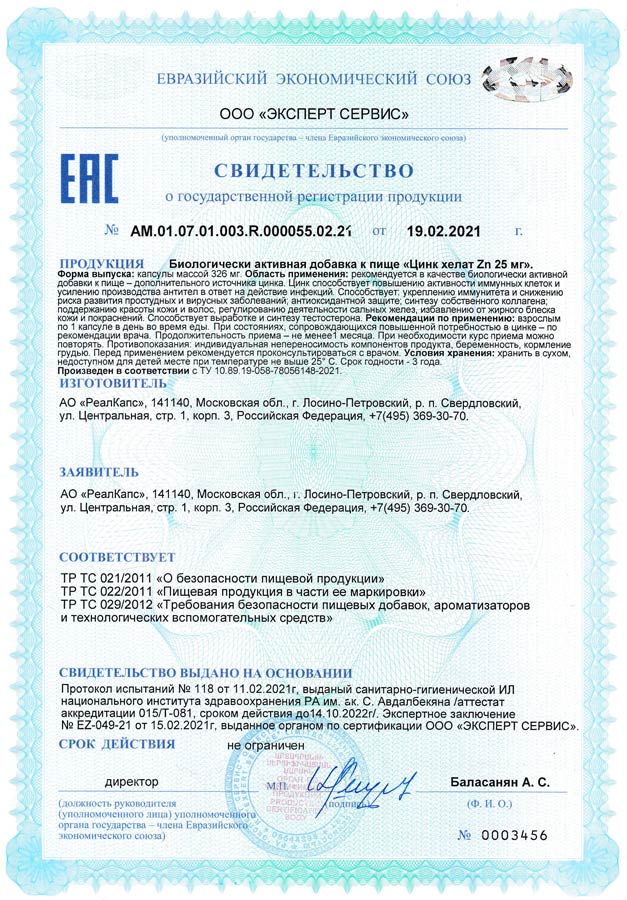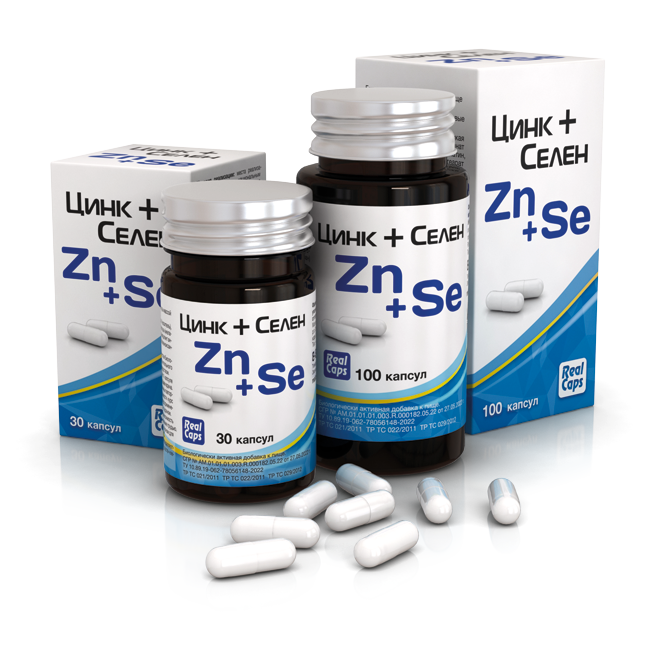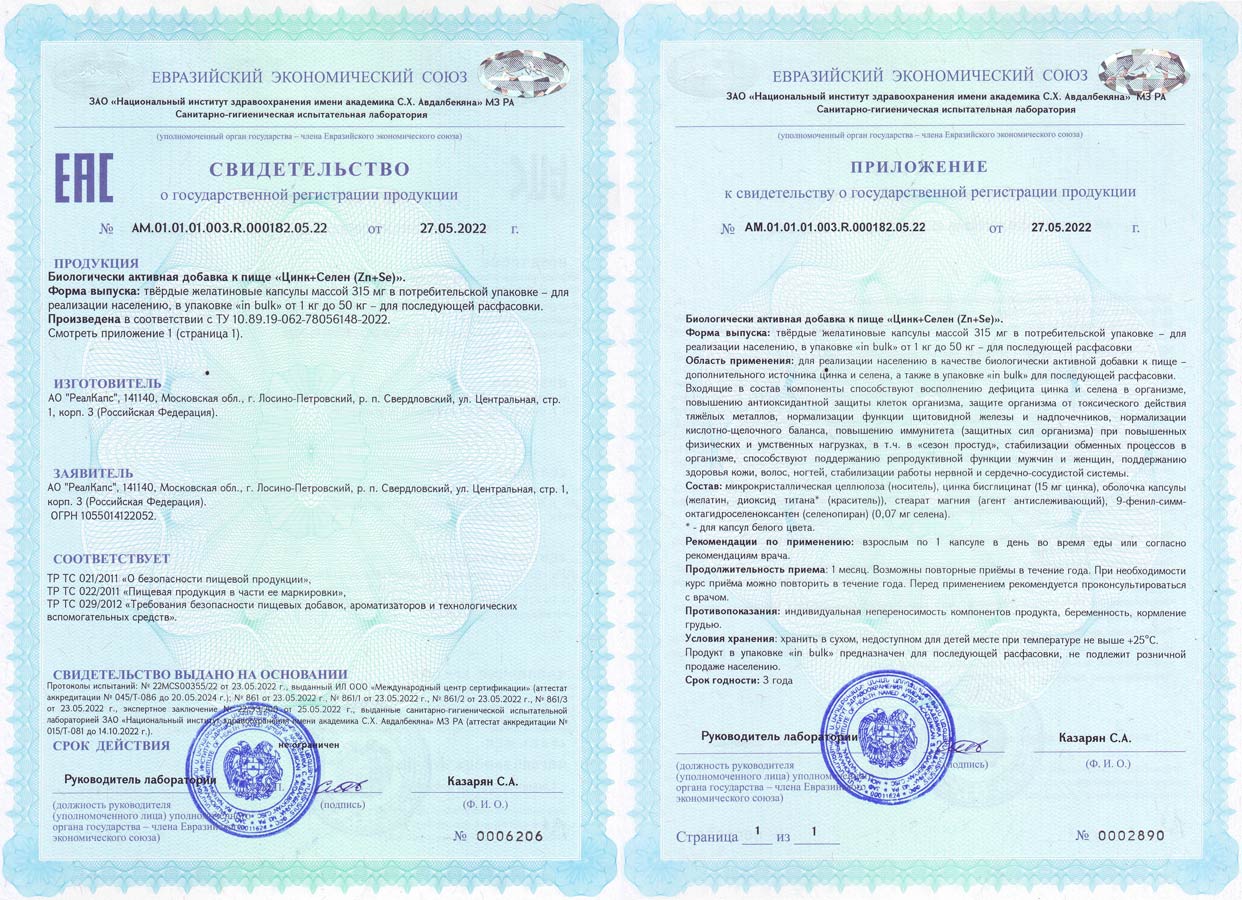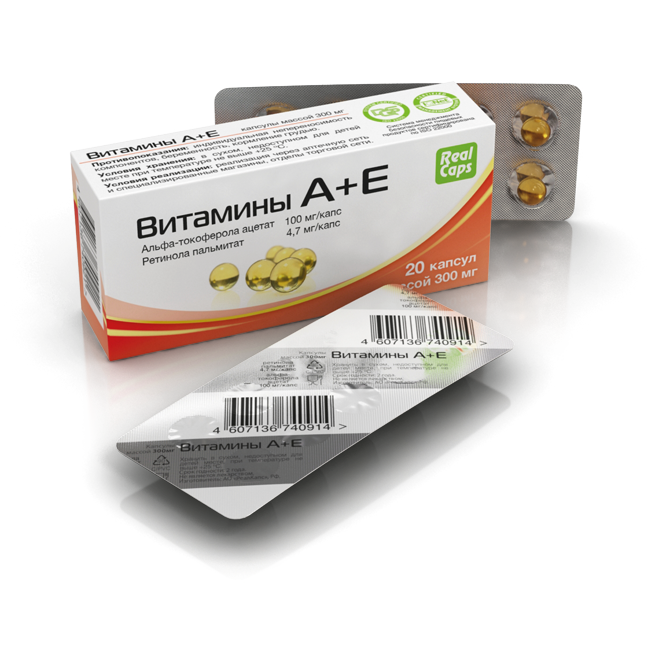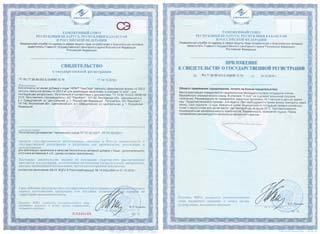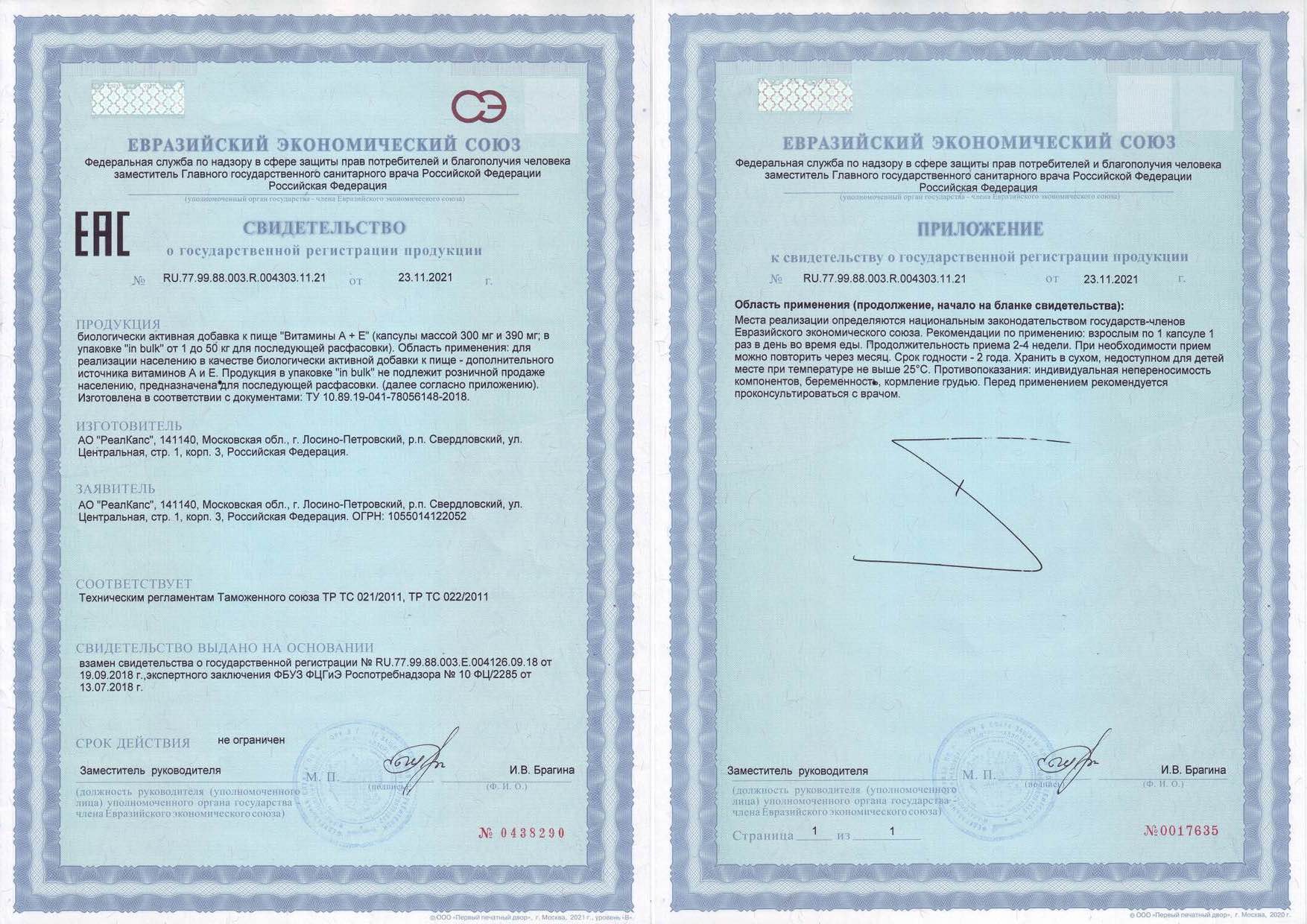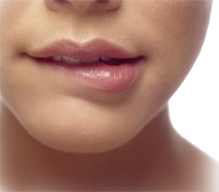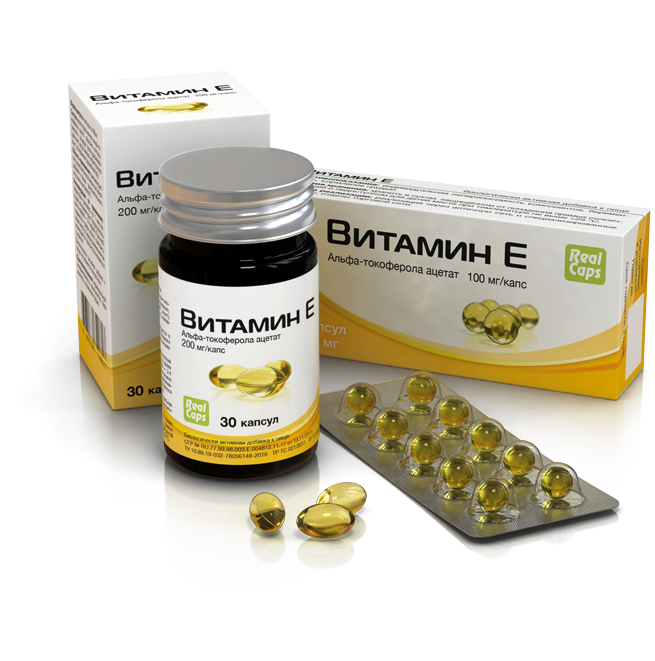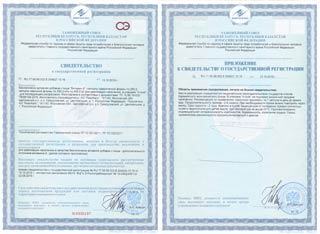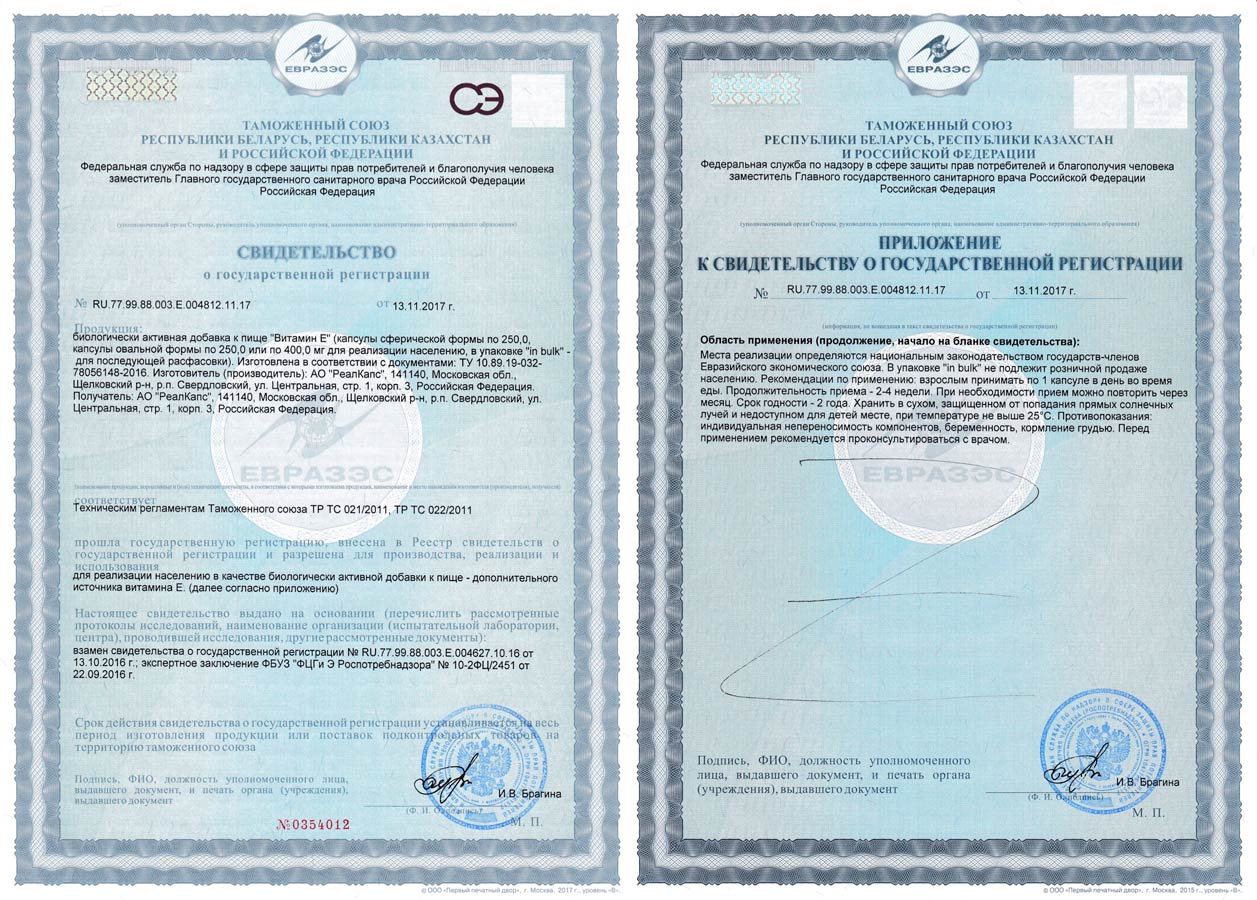
Micronutrients Zinc and Selenium are vitally important for humans.
Together, they have a complex effect on the body, affecting most organs and systems. Neither zinc nor selenium is deposited in the body, so reducing their food intake quickly leads to micronutrient deficiency symptoms.
Food supplement Zinc+Selenium (Zn+Se) contains Zinc and Selenium in the form of organic salts for better absorption in amounts that constitute 100% of adequate daily intake. It helps to effectively replenish the deficiency of these trace elements in the human body.
Zinc deficiency leads to immunodeficiency and cognitive disorders, increases sensitivity to infectious agents, increases the frequency of dermatitis, and slows wound healing. In particular, it is worth noting that in the elderly, zinc deficiency causes inhibition of protein biosynthesis, leading to a decrease in muscle tissue and an increase in fat tissue. Chronic zinc deficiency leads to the appearance or worsening of neurological and psychiatric disorders, such as depression and schizophrenia, as well as neurodegenerative diseases such as Alzheimer's, Parkinson's or amyotrophic lateral sclerosis. [1]
Zinc is involved in the following processes:
- stimulates the production of essential hormones, including stimulation of the adrenal glands;
- has a significant effect on the production of male and female sex hormones, thus affecting reproductive function and sexual activity;
- improves brain function, contributing to regular mental activity;
- strengthens the nervous system;
- strengthens bones and teeth;
- helps the genitourinary system;
- helps the absorption of vitamin A;
- speeds up metabolism;
- stimulates the synthesis of collagen and keratin, affecting the growth of hair and nails;
- improves the appearance;
- regulates the sebaceous glands;
- promotes faster healing of wounds;
- activates the body's defenses;
- it helps to slow down the cellular aging process.
The antioxidant effect of zinc is crucial in reducing the severity of oxidative stress, which can cause DNA damage. Thus, zinc contributes to reducing the risk of cancer. Adequate intake of zinc contributes to an average acid-alkaline balance in the body. [2]
The crucial role of zinc in testosterone synthesis and spermatogenesis has been known for a long time. We can conclude that this trace element is essential for men during sexual activity to maintain normal sexual function and testosterone levels. In some cases, men with idiopathic infertility can restore reproductive function with increased zinc intake. [3]
An adequate supply of zinc to the visual structures ensures proper perception of light stimuli on the retina and reduces the risk of age-related macular degeneration. For older people, zinc consumption helps prevent the development of age-related macular degeneration and neurodegenerative diseases. [4]
Zinc is an effective immunostimulant that significantly reduces the duration of colds.
Selenium is part of more than two dozen selenium proteins (selenoproteins), which play a critical role in reproduction, thyroid hormone metabolism, DNA synthesis, and protection against oxidative damage and infections.
As part of the selenium protein glutathione peroxidase, selenium protects against free radicals and oxidative stress, supporting health at the cellular level. It is an active immunomodulator and a more powerful antioxidant than vitamins A, C, or E. [4]
Selenium proteins prevent oxidative modification of lipids, reducing inflammation and platelet adhesion. For these reasons, selenium supplements may reduce the risk of cardiovascular disease or cardiovascular-related deaths. [5]
Selenium is part of the enzyme that activates the primary thyroid hormone. Thus, selenium improves the absorption of iodine, and the thyroid gland deteriorates with a deficiency of selenium, resulting in a slower metabolism.
Selenium also supports prostate health and the immune system. Because of selenium's ability to repair chemical damage and breaks in DNA molecules, its active involvement in apoptosis (programmed death of diseased or old cells), and its effects on the human endocrine, immune, and antioxidant systems, selenium plays an essential role in cancer prevention. [6,7]
Selenium
- neutralizes and removes heavy metals (lead, platinum, mercury) from the body, thereby helping the body to cope with adverse environmental conditions;
- helps protect cell membranes and body fats from peroxide radicals and hydrogen peroxide;
- protects joints, retina, and blood vessels;
- together with vitamin E promotes cardiovascular health;
- improves male and female reproductive function.
Thus, the components of the dietary supplement "Zinc + Selenium (Zn+Se)" contribute to:
- replenishment of zinc and selenium deficiency in the body;
- increasing antioxidant protection of body cells;
- protection of the body from the toxic effects of heavy metals;
- normalization of thyroid and adrenal function;
- normalization of acid-base balance;
- improving immunity (body's defenses) at high physical and mental stress, including in the "cold season;
- stabilization of metabolic processes in the body;
- support for the reproductive function of men and women;
- maintain healthy skin, hair, and nails;
- stabilization of the nervous and cardiovascular systems.
Ingredients: microcrystalline cellulose (carrier), zinc bisglycinate (25 mg zinc), capsule shell (gelatin, titanium dioxide* (dye)), magnesium stearate (anti-caking agent), 9-phenyl-simm-octahydroselenoxanthene (selenopyran) (0,07 mg of selenium).
The company produces products containing fish oil, lactose, and soy lecithin.
Release form: hard gelatin capsules weighing 315 mg, 30 or 100 capsules in a consumer packaging.
Directions for use: Adults: 1 capsule daily with meals or as recommended by a doctor. Duration of use: 1 month. Repeated intake within a year is possible. If necessary, the course of intake can be repeated for a year. Before using it is recommended to consult with a doctor. It is not a drug.
| Component |
| Contents in 1 capsule |
% of RDIL* |
Zinc
|
15 mg
|
100
|
Selenium
|
0.07 mg
|
100
|
* Recommended Daily Intake Level (RDIL) in accordance with TR CU 022/2011 "Food products in terms of its labeling", Appendix 2
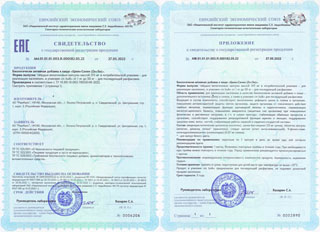
Certificate of state registration: No. AM.01.01.01.003.R.000182.05.22 dated 27.05.2022
Technical Specifications (TS) 10.89.19-062-78056148-2022
Contraindications: hypersensitivity to the components, pregnancy, and lactation.
Shelf life: 3 years.
Storage conditions: keep in a dry place, out of a child's reach at a temperature of no more than 25 °C.
List of references:
- Bakhtina G.G., Lenko O. A., Sukhanova S.E. Microelementosis of man and ways of correction of their deficiency // Blood Circulation Pathology and Cardiosurgery. - 2007. - No.. 4. - P. 82-89.
- Prasad A. S. Zinc for humans: therapeutic action and toxicity // Questions of biological, medical and pharmaceutical chemistry. - 2011. - T. 9. - No. 6. - P. 9-13.
- Borisov V. V. Microelements selenium and zinc in the body of women and men: problems and solutions //Consilium Medicum. - 2018. - T. 20. - No.. 7. - P. 63-68. Avtsyn AP et al. Human micronutrients //M.: Medicina. - 1991. - T. 496. - P. 1.
- E. Andreeva. V., Muslimova PA The biological role of chemical elements in the body // Bulletin of scientific conferences. - LLC Consulting company Yukom, 2019. - No. 9-1. - P. 11-13.
- Tretiak L. N., Gerasimov E. M. Specificity of selenium influence on human and animal organisms (as applied to the problem of selenium-containing food) // Bulletin of the OGU. 2007. No.12.
- Rusetskaya N. Yu. et al. Selenium compounds in the redox regulation of inflammation and apoptosis //Biomedical Chemistry. - 2019. - T. 65. - No. 3. - P. 165-179.
- Gromova O. A., Gogoleva I. V. Selenium - Impressive results and prospects of application // The difficult patient. - 2007. - T. 5. - No.. 14. - P. 25-30.


